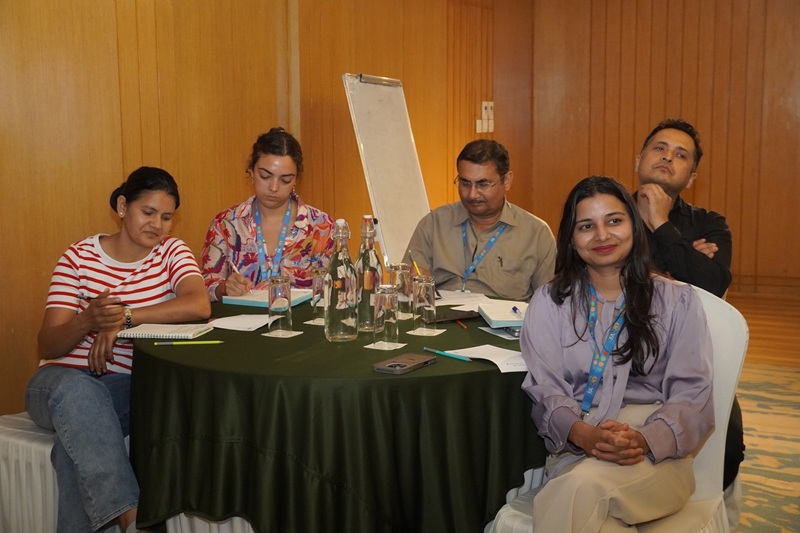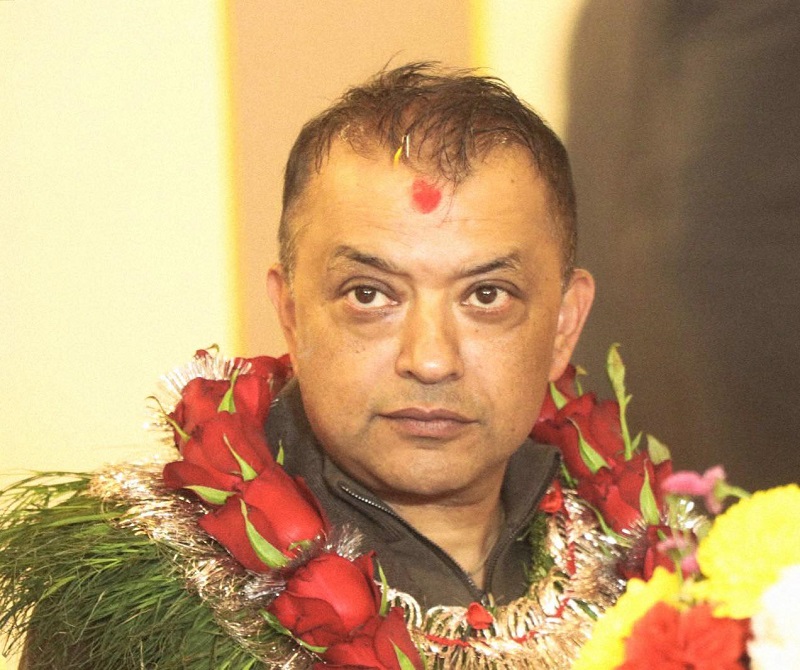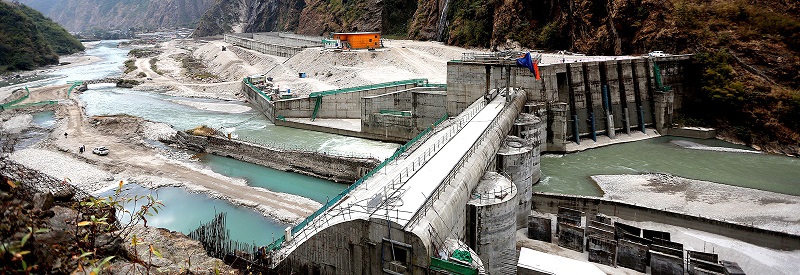Empowering Rural Prosperity: FAO Nepal’s Vision for Sustainable Agriculture through FBS and IREI
14th August 2025, Kathmandu
The Food and Agriculture Organization of the United Nations (FAO) Nepal recently hosted a pivotal interaction session, welcoming Ms. Valentina Sommacal, a distinguished Rural Institutions and Services Expert from ESP.
FAO Nepal Farm Business School
The session illuminated the updated Farm Business School (FBS) approach and introduced the Inclusive and Resilient Enterprise Incubation (IREI) framework. These powerful tools are poised to significantly strengthen rural enterprises, empower Nepalese farmers, and forge robust market linkages across Nepal.
Strengthening the Foundation: FBS and IREI for Rural Growth
The core of the discussions revolved around the strategic integration of FBS into FAO Nepal’s current and upcoming programs. This integration aims to amplify impact and foster long-term sustainability within Nepal’s agricultural sector.
The updated Farm Business School (FBS) approach is designed to equip farmers with essential entrepreneurial skills, transforming them from mere producers into savvy agri-business operators. By enhancing their understanding of market dynamics, financial management, and business planning, FBS empowers Nepalese farmers to make informed decisions that boost their profitability and resilience.
Complementing FBS, the Inclusive and Resilient Enterprise Incubation (IREI) framework provides a structured pathway for developing and nurturing rural enterprises. IREI focuses on fostering an environment where small and medium-sized agricultural ventures can thrive, ensuring they are not only profitable but also resilient to economic and environmental shocks. This framework is crucial for building sustainable livelihoods and driving economic growth in rural areas of Nepal.
Adapting Global Best Practices for the Nepalese Context
A key highlight of the session was the open dialogue on adapting global best practices for farmer empowerment and collective action to Nepal’s unique context. Participants explored how successful models from around the world can be tailored to meet the specific needs and challenges faced by Nepalese farming communities.
This collaborative approach is fundamental to driving progress toward sustainable livelihoods, fostering resilient enterprises, and achieving measurable results aligned with FAO’s overarching vision: the 4 Betters – Better Production, Better Nutrition, Better Environment, and Better Life.
Driving the 4 Betters in Nepal
Better Production: By enhancing business acumen through FBS and supporting enterprise development via IREI, FAO Nepal aims to boost agricultural productivity and efficiency.
Better Nutrition: Stronger rural enterprises contribute to more stable food systems, ultimately improving access to nutritious food for communities.
Better Environment: Sustainable agricultural practices promoted through these frameworks help protect Nepal’s rich biodiversity and natural resources.
Better Life: The ultimate goal is to improve the overall well-being and economic prosperity of Nepalese farmers and rural communities.
Looking Ahead: A Future of Empowered Farmers and Resilient Enterprises
The insights shared by Ms. Valentina Sommacal, along with the active participation of stakeholders, underscore FAO Nepal’s commitment to fostering a vibrant and sustainable agricultural landscape. By strategically integrating the updated FBS approach and the IREI framework, FAO Nepal is paving the way for empowered farmers, resilient enterprises, and a future of enhanced market linkages, driving significant progress towards the 4 Betters for all Nepalese.
About FAO Nepal
Nepal became a member of the Food and Agriculture Organization of the United Nations (FAO) on November 21, 1951, marking the beginning of a long-standing partnership focused on agricultural growth and rural development. Since then, FAO has been working closely with the Government of Nepal to address the country’s agricultural priorities through capacity building, institutional development, and targeted initiatives that benefit farmers and rural communities.
One of FAO’s major contributions has been its support in implementing the Agriculture Perspective Plan (1995–2015), a strategic roadmap designed to modernize and diversify Nepal’s agricultural sector. Following this, FAO has continued to collaborate on long-term policies, including the Agriculture Development Strategy and the National Food and Nutrition Security Plan, both of which carry a 20-year vision aimed at ensuring sustainable food production and improved nutrition.
Through its programs, FAO promotes innovation in farming techniques, strengthens agricultural value chains, and supports climate-resilient farming practices. It also works to enhance food security, reduce poverty, and create economic opportunities in rural areas. Over the decades, this partnership has played a key role in transforming Nepal’s agricultural landscape, contributing not only to increased productivity but also to the overall well-being of its people.
For more: FAO Nepal Farm Business School








